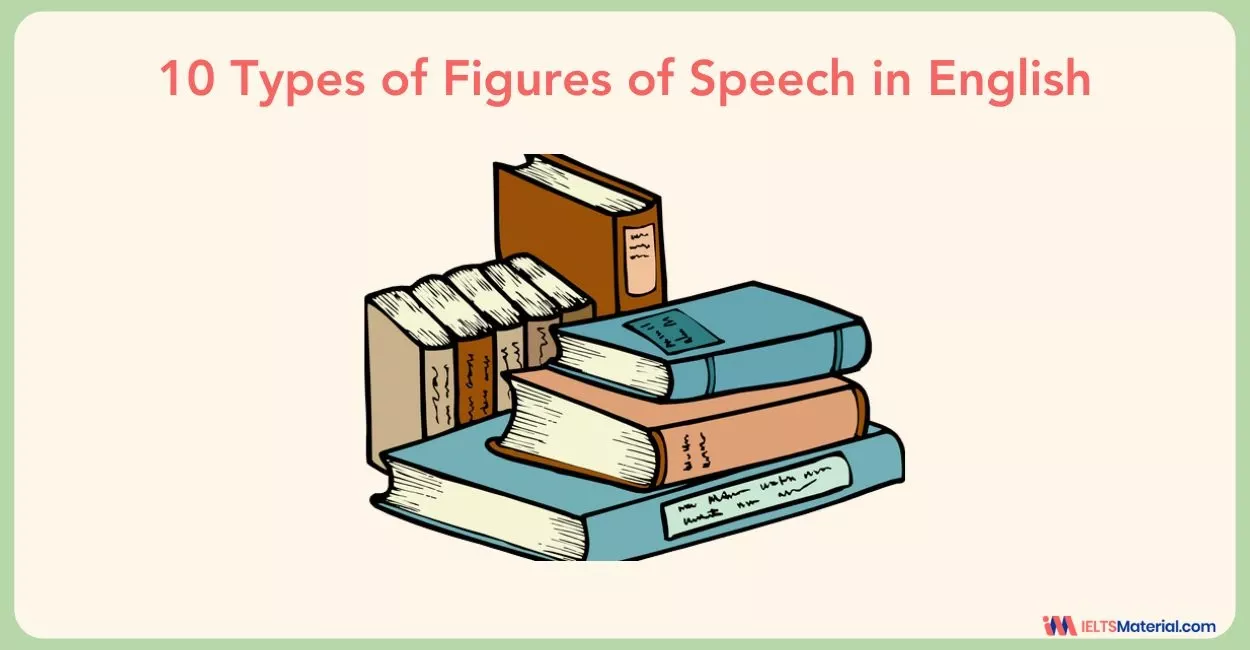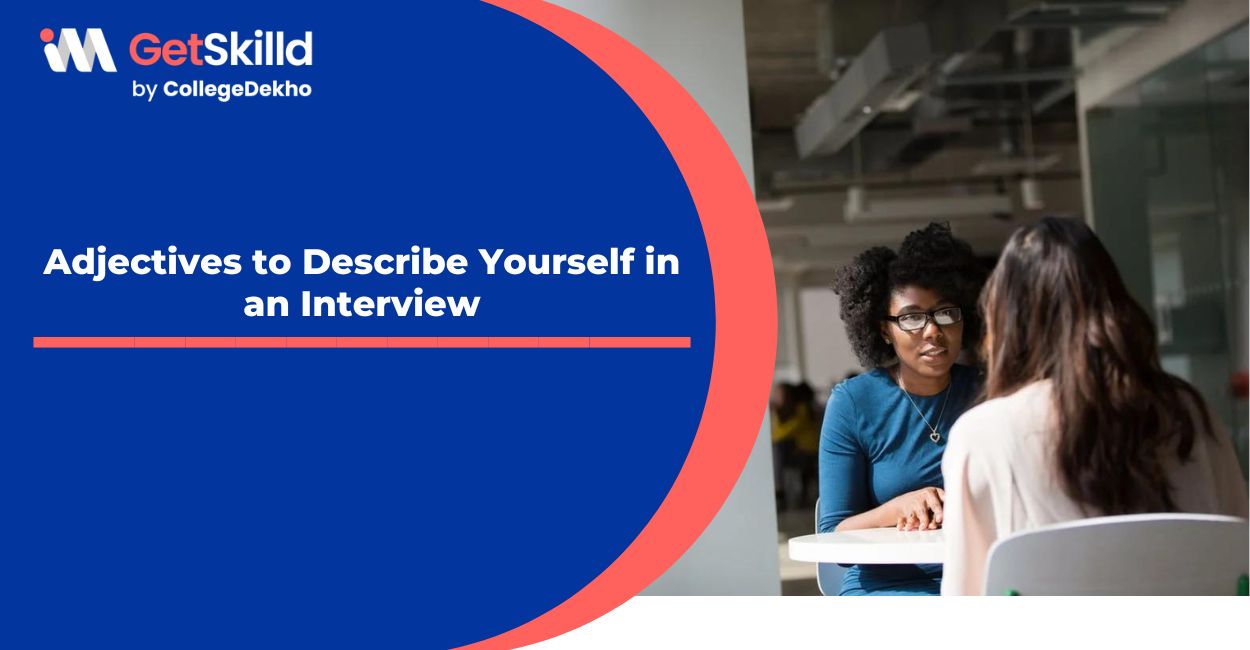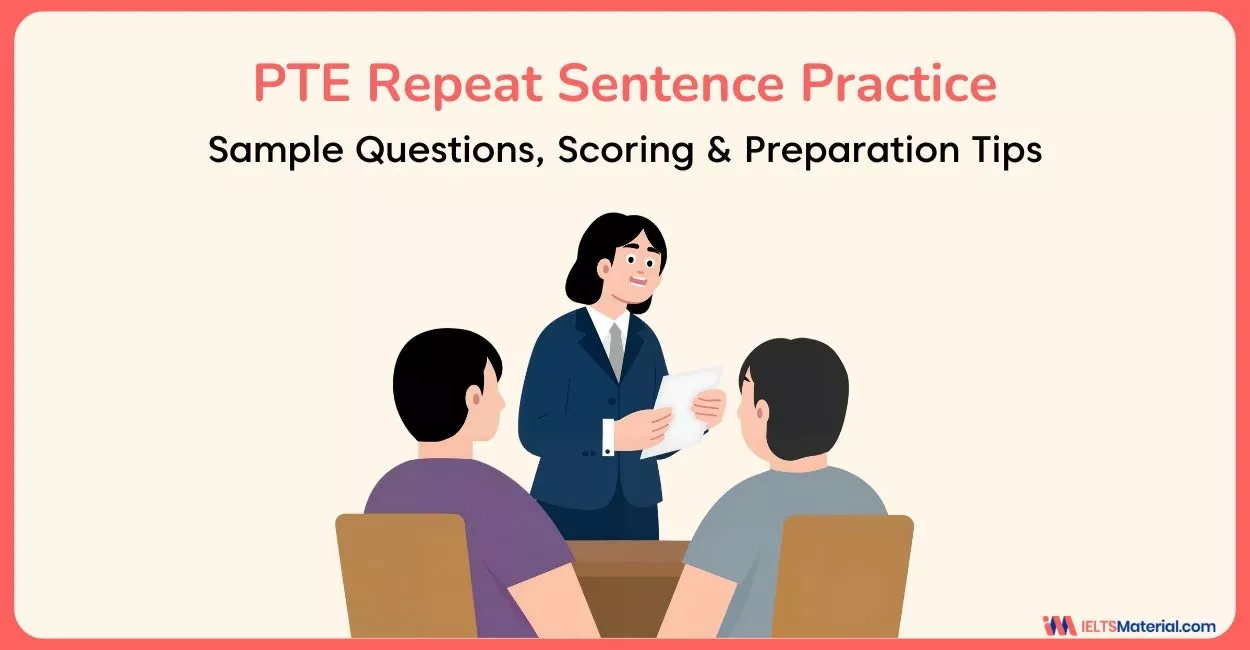How to Make a Resume in 2025?
7 min read
Updated On
-
Copy link
Curious to know the essential elements of drafting an excellent resume? Indulge yourself with the knowledge of How to Make a Resume in 2025 and dive into the strategies to craft a resume to land your dream job.
Table of Contents

Limited-Time Offer : Access a FREE 10-Day IELTS Study Plan!
A resume is the first point of connection between a recruiter and a job seeker for which you must have the knowledge on How to Make a Resume in 2025. It is important because it documents all the relevant information for your employer to know about you. Therefore, mastering the perfect way for resume writing is necessary as your Resume gives you a chance to gift yourself your dream job.
Remember that whether you are a fresh graduate, a professional, or you are switching industries, understanding how to make a resume is crucial. By gaining the knowledge on the purpose and mastering the process of creating resume that fits today's demands is vital in order to get a job. Through relevant strategies and tools, you will be able to create a resume that will stand out in 2025.
Purpose of Knowing How to Make a Resume in 2025
In the year 2025, there is a huge demand of resumes being smarter, sleeker, and more strategic. Due to the ever-increasing recruitment tools, new job roles, and a global talent pool, your resume has to offer much more than just mentioning your qualification where it is more about adding value to your personality. The following are some of the purpose of knowing How to Make a Resume in 2025.
- Knowing how to create a resume that fits today's hiring pattern has become a necessity for jobseekers to break through in this saturated job market. Remember that your resume acts as a personal marketing tool in order to make it look quite compelling to the recruiter.
- Employers always seek candidates with computer literacy and knowledge of the tools which are necessary to excel in their working environment. A resume which is well-written would showcase your adaptability.
- A resume is a form of personal branding which will help to convey about yourself, your skills, and how you are different from others. This would create a first impression in front of the examiner which will keep you competitive internationally.
- The most compelling way to get a job is by instilling confidence in a candidate. A good resume is the first step since confidence comes from knowing that your application is clear, concise, and professionally prepared.
- Career opportunities have become very dynamic nowadays for which one has to have the ability to craft resumes which must be in tune with job description.
- Employers look at the layout, spelling, tone, and clarity since a carefully drafted resume speaks of professionalism and meticulousness.
Want to level up your ability to speak in English? Check out the Types of Figure of Speech in English.
Top 5 Essential Elements to Consider for Making a Resume in 2025
Resume writing is easy, but not everyone does it well. It is estimated that approximately 40% of hiring managers spend less than a minute reviewing resumes, so having a solid and eye-catching resume that perfectly captures your relevant skills and work experience makes the difference between getting an interview and not. Resume-making is an exhaustive process (if not art) that requires you to add the best of the x-factors you have to impress a recruiter with an attention span of a goldfish.
The question of how to write a resume can’t be answered with a line or two as it takes a couple of things to make a good one. Have a look on some of the important things given in the table below which you should have while making a resume.
| Essential Element | Description |
| Your name and contact information |
|
| Educational background |
|
| Professional accomplishments |
|
| Certifications and awards / Teaching and Research |
|
| Your soft skills and core skills |
|
Excellent Tips on How to Make a Resume in 2025
Building a resume in 2025 means more than simply changing the dates and experiences that you used in the past. To get ahead in the competition, you must be aware of what to place and what not to put in your resume. Now that you know the essential elements to be added to your Resume, it’s time for you to learn how to draft an outstanding resume systematically.
- Include a Systematic Representation of your workflow in your Resume, as it would help the recruiter better understand your work experience while skimming through your Resume.
- Avoid unwanted inclusion of your critical skills, as the recruiters now are smart enough to identify them quickly.
- Never make your Key Result Areas lengthy; instead, try to cover the primary skills that match the role you are applying for.
- Maintain a logical sequence or timeline throughout your Resume.
- Always try to mention the work experience in reverse chronological order.
- Always proofread your Resume. Once you are done making your Resume, please make it a habit to proofread it two or three times, either by yourself or with the help of your friend (s). It is essential to check whether you have missed out on any significant details, whether the formatting is correct, and so on.
Dreaming of working in another country? Familiarize yourself with the IELTS for Working Abroad today!
Common Mistakes to Avoid When Considering How to Make a Resume in 2025
Creating a resume that stands out has become very important whether it is an application for your first job, a career change, or a leadership role. Like specific elements to be included in your Resume, there are certain others you need to avoid adding to your Resume. Adding too much information to your Resume kills the chances of you getting shortlisted. Let’s look at the points below to understand what you should avoid using in your Resume.
- Don’t use lengthy texts - Using lengthy texts in your Resume doesn’t do you any good as there is a great chance it may get rejected. The reason is that recruiters may be going through a lot of resumes daily, and they may not have time to look into
- Don’t use ‘too-personal’ information - Do not include personal information beyond your address, email, and phone number. While some of this information may be required in an international CV, you should leave it out of a resume. The reason is that it’s illegal for employers to make hiring decisions based on this information.
- Never make grammatical errors - Making grammatical errors is a great no when coming to resume making, and special care must be given on your part to stay clear from such bad practices. If you are not sure of it, a plethora grammar checking software is available online, and you can make use of them.
- Don’t crib about your previous workplace - Sharing your bad experiences in the previous workplace increases the chance of creating a wrong impression about you in your recruiter’s mind.
- Don’t use a passive voice - Because using the passive voice hides the person who did the action or accomplishment, and the Resume should be about you, your Resume should be devoid of it.
- Ensure the legibility of your fonts - Avoid using too small or big fonts or any other fonts in your Resume that makes it difficult to read. Always try to use standard fonts like Arial, Times New Roman, etc., to give it a professional look.
Always try to make your Resume succinct with sufficient details to make it catchy or pleasing to the recruiter. Remember that you aren’t there to speak for yourself in the first phase of the recruitment life cycle; hence, your Resume is your buddy. Business communication and corporate workflow might sound quite intimidating to you, especially if you are a beginner. By embracing the latest resume formatting styles, focusing on quantifiable accomplishments, and incorporating the appropriate keywords, your resume shall be presenting the candidate who interviews most often. So, keep it current and customize it for every job you want, and make sure it speaks fluently to recruiters.
Also Check

Start Preparing for IELTS: Get Your 10-Day Study Plan Today!
Explore other IELTS Articles

Kasturika Samanta

Haniya Yashfeen
Recent Articles

Kasturika Samanta

Kasturika Samanta

Kasturika Samanta

Prity Mallick






Post your Comments